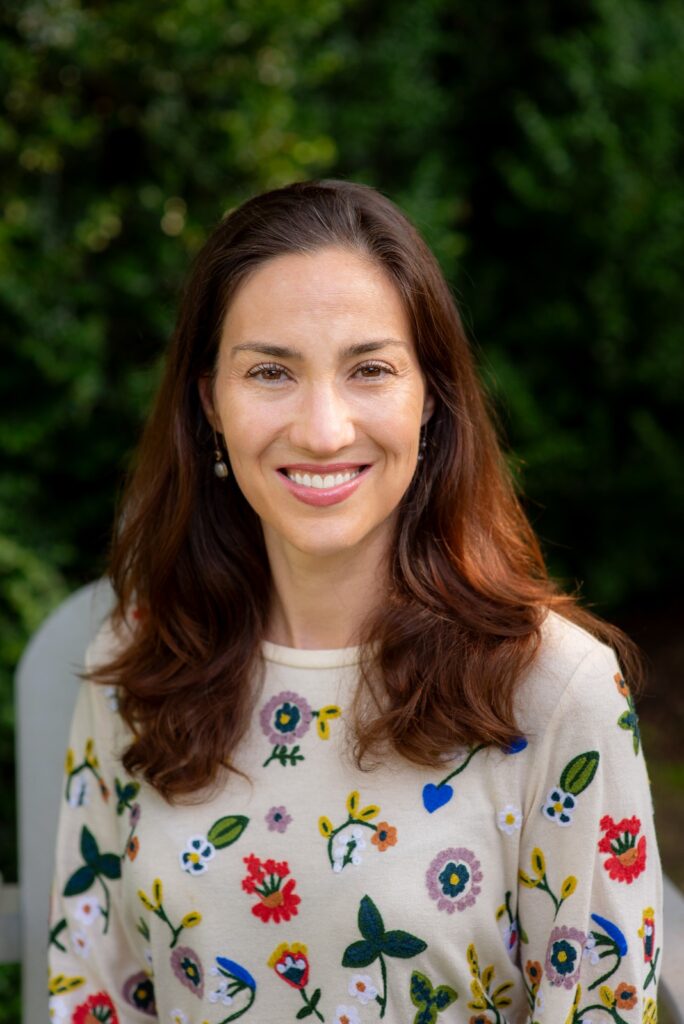 On Florida International University Week: Homelessness is an ever present problem.
On Florida International University Week: Homelessness is an ever present problem.
Asia Eaton, associate professor of psychology, discusses one method to lowering the rates.
Asia Eaton is a feminist social psychologist and Associate Professor of Psychology at Florida International University, where she directs the Power, Women, and Relationships (PWR) Lab. Eaton’s research explores how gender intersects with identities including race, sexual orientation, age and class to affect individuals’ access to, and experience with, social power in intimate partner relationships and in the workplace. Since 2016, Eaton has also served as Head of Research for Cyber Civil Rights Initiative (CCRI), which is working to understand and end the emerging epidemic of nonconsensual porn in the U.S. She is also working with leadership at Lotus House to better understand and meet the needs of women experiencing homelessness.
How a Culture of Care Can Help Change a Problem like Homelessness
Dehumanizing.
Overly-controlling.
Chaotic.
A place where no one knows your name.
These are just a few of the words used to describe homeless shelters. There’s an implicit — sometimes explicit — assumption shelters must be uncomfortable. But, what if it was different? What if people felt cared for? Cared about? “Care” might not be the first word that comes to mind when trying to solve a complex problem, like homelessness. My colleagues and I, though, found it should be.
Organizational culture is a topic of study in psychology that examines an organizations’ values, beliefs and norms. Whether the culture is team-oriented, task-oriented, innovative or conventional —it impacts the well-being and success of people within the organization. The problem is not much is known about the organizational culture of homeless shelters. That’s why my colleagues and I partnered with Lotus House — one of the largest homeless shelters for women in the U.S.
Over 80 percent of their guests have transitioned to stable housing. To dig deeper — and account for this remarkable success — we talked with former guests of Lotus House. These conversations revealed a culture radically different from other shelters. It’s a “culture of care.” Guests are treated with dignity and respect — as individuals, not numbers.
They have space to rest and recover. They’re given individualized attention. They feel part of a community.
These findings can be a blueprint for other shelters — and a pillar of organizational culture EVERYWHERE.
There are other problems to solve — like reducing sexual harassment and improving diversity, equity and inclusion.
A “culture of care” can pave the path toward real change, where people thrive.

Comments
6 responses to “Asia Eaton, Florida International University – How a Culture of Care Can Help Change a Problem like Homelessness”